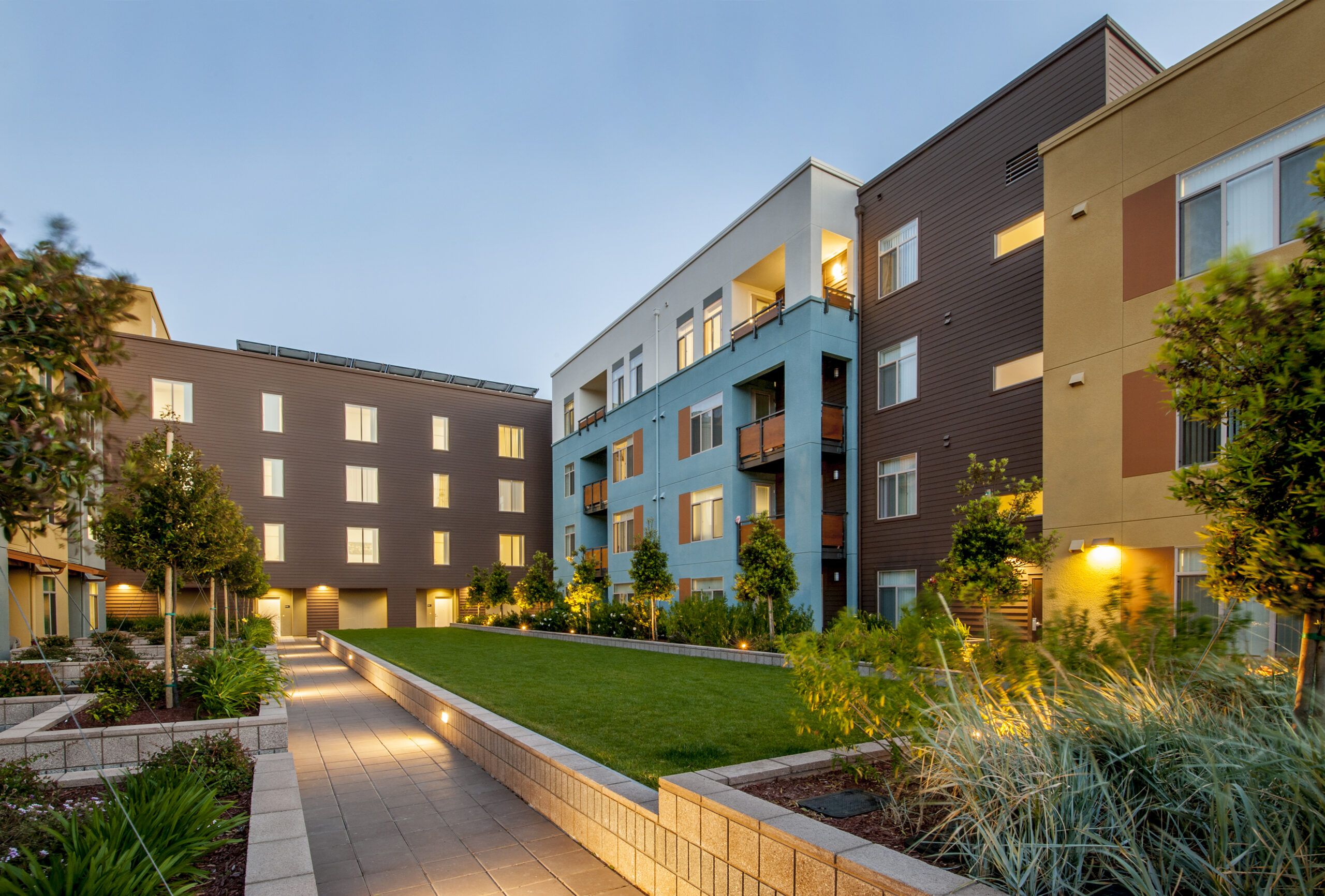Supportive housing is a model of affordable housing that is designed specifically for people who need services to recover and thrive in their community. It serves people who are facing complex physical and behavioral health challenges while also experiencing homelessness, institutionalization, and/or housing instability. People in supportive housing pay 30% of their income toward rent and are accountable to a lease with all of the rights and responsibilities of tenancy.
In dozens of studies across the country over the last 20 years, supportive housing has proven to be an effective intervention that improves housing stability, reduces the use of expensive crisis care, and improves outcomes even for individuals with complex needs. This brief highlights key evidence for communities to consider as they work to meet the housing and support needs of all individuals and families.
As with the population of people experiencing homelessness, many people in supportive housing are dealing with substance use disorder. The stability that supportive housing provides supports many tenants in accessing substance use treatment and reducing or eliminating their use. This brief highlights key evidence related to supportive housing and substance use.





